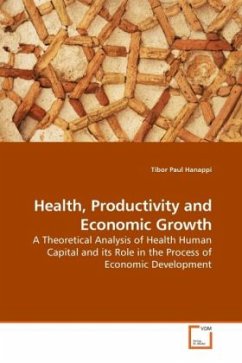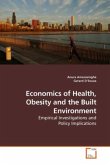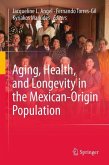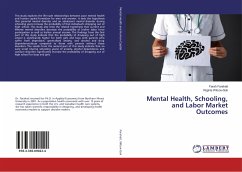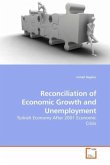Economic analysis often views a person s health status only as the result of his or her economic performance. As people make a variety of economic choices regarding e.g. labor supplies, investments or consumption their individual health outcomes are determined merely as a consequence of optimizing behavior. Health does therefore not yield any influence on economic performance as such. However, this book presents the idea that in low income contexts basic health might well function as a form of human capital, thereby giving rise to a link between consumption and productivity. The implications of such a link for labor market outcomes are evaluated in a range of microeconomic models and it is shown how the market process might lead to inefficient equilibria. The theoretical results are then confronted with empirical evidence in the form of a literature survey. In the last part of the book a macroeconomic perspective is taken. To account for temporal features a dynamic model is developed and the results are put in contrast to those of the microeconomic models. As a conclusion the relevance of the micro-institutional context is highlighted and implications for growth theory are drawn.
Bitte wählen Sie Ihr Anliegen aus.
Rechnungen
Retourenschein anfordern
Bestellstatus
Storno

